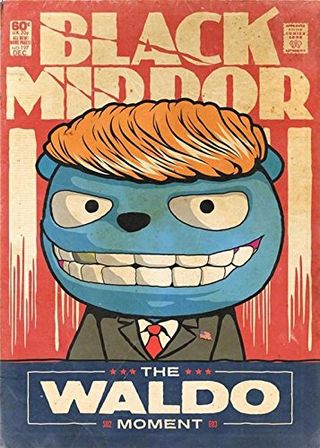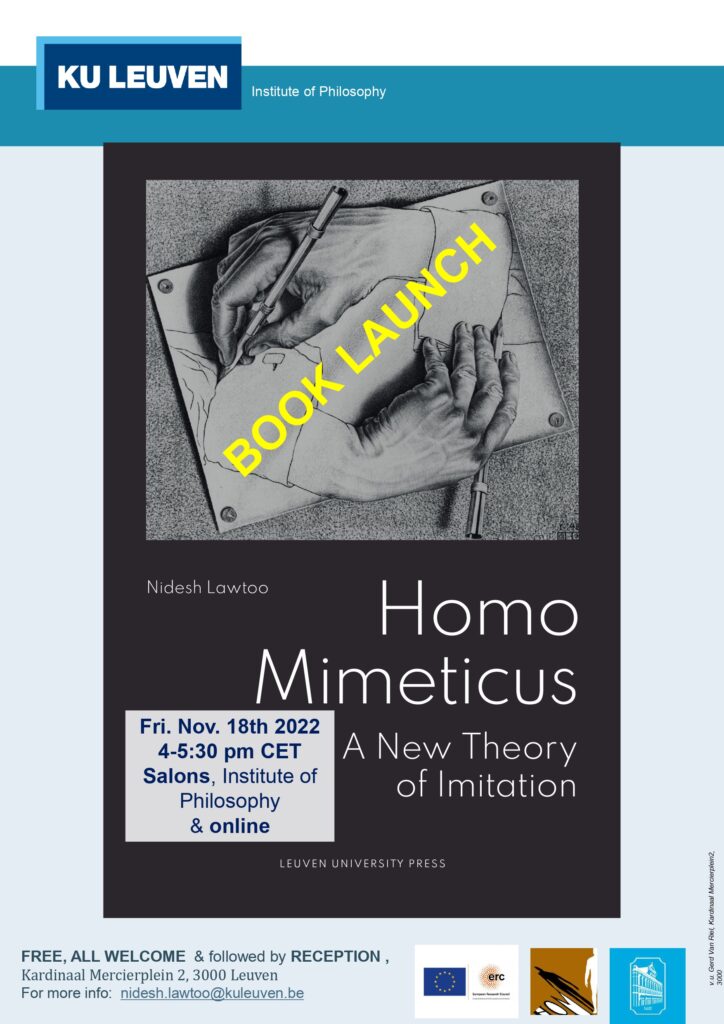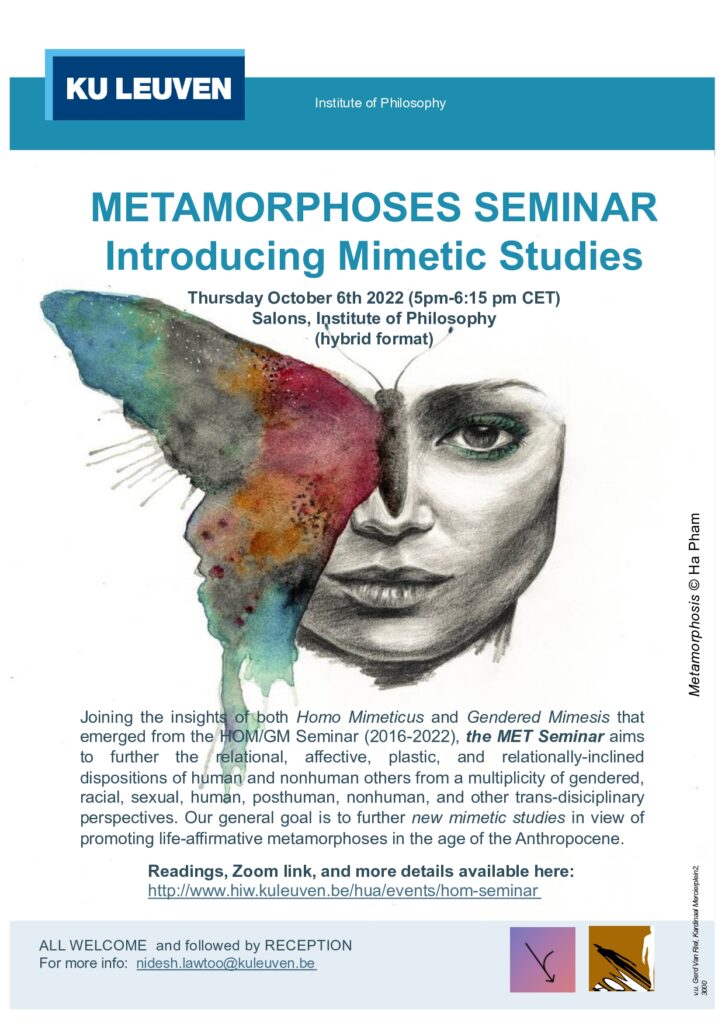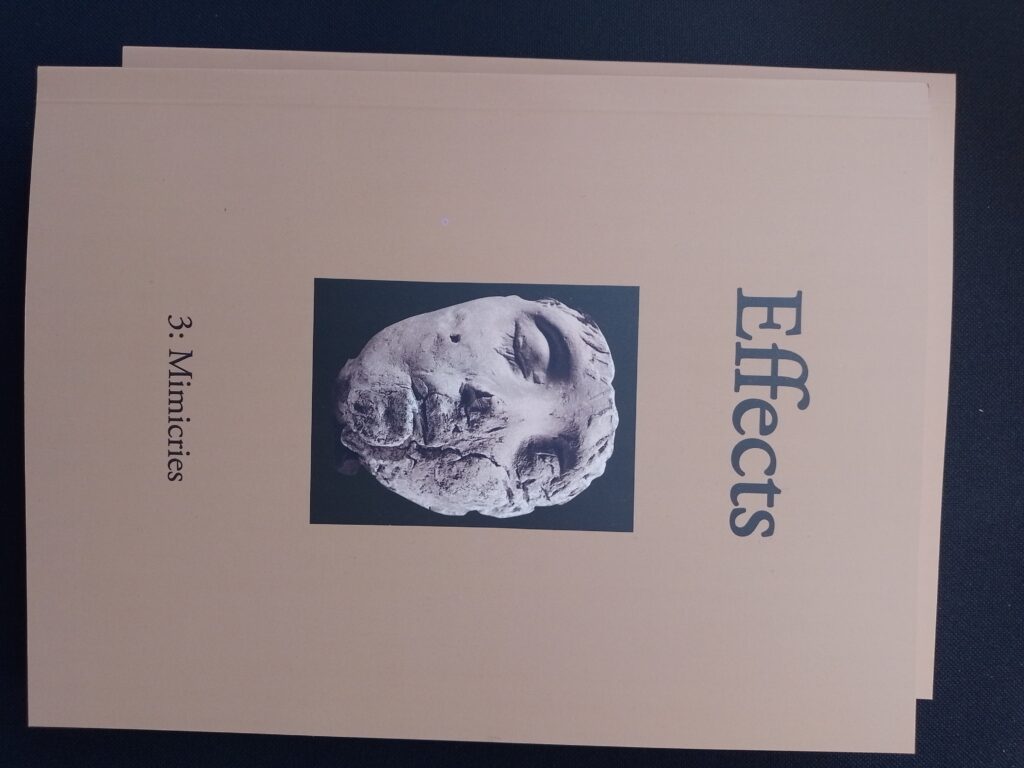What’s in a voice? And if the echoes a voice generates are neither
singular nor plural but singular plural, what shared voices are at play in
Jean-Luc Nancy’s untimely reflections on the affective participation, or
methexis, animating the agonistic confrontation between philosophy and
literature? Part of a dazzling collection of essays thinking with Nancy, in this chapter Nidesh Lawtoo reveals the partage des voix internal Lacoue-Nancy. Chapter available HERE.
Tag Archives: ERC
The Angel as Host: J. Hillis Miller Last Flight

The HOM project officially ended in 2022 but publications are still forthcoming. In this article Nidesh Lawtoo revisits J. Hillis Miller’s career as one of the most influential theorists and critics of the past 50 years and shows that Miller’s last work offers an essential contribution to the mimetic turn, or re-turn. Published with symploke, the article is available Open Access HERE.
Homo Mimeticus Book Launch and Conclusion
In this book launch of Homo Mimeticus: A New Theory of Imitation (Leuven UP, 2023, OPEN ACCESS), HOM/GM PI Nidesh Lawtoo joins forces with his team (Niki Hadikoesoemo, Marina Garcia-Granero & Giulia Rignano) to sum up the main results of the HOM project and open up the new transdisciplinary field of mimetic studies Homo Mimeticus proposes.
The Insurrection Moment: Insurrection, Conspiracy, Assault

In this HOM piece for a Theory & Event special issue on the Storming of the Capitol on January 6, Nidesh Lawtoo furthers mimetic studies by discussing the role of Dionysian intoxications, conspiracy theories, and dispossession in the company of Nietzsche, Deleuze and Black Mirror. Article available OA here
HOM Videos 8, The Psychology of Mimesis: Mikkel Borch-Jacobsen
In the eighth episode of HOM Videos, the philosopher and historian of psychoanalysis Mikkel Borch-Jacobsen (University of Washington) discusses with Nidesh Lawtoo the genealogical foundations of psychic mimesis: from his studies at the University of Strasbourg with Lacoue-Labarthe to the birth of psychoanalysis (out of Charcot’s and Bernheim’s theories of hysteria and suggestion), from Freud’s account of identification to Lacan’s theory of the mirror stage to Big Pharma, mimesis turns out to play the leading protean role in the modern and contemporary pathologies of homo mimeticus.
Homo Mimeticus: A New Theory of Imitation–BOOK LAUNCH (Fri. Nov. 18, 4 pm CET, hybrid)

5 years ago the HOM project promised a new theory of imitation to face some of the main challenges of the present. Here it is, with Leuven UP! In this book launch, HOM/GM team members Niki Hadikoesoemo, Marina García-Granero and Giulia Rignano talk with Nidesh Lawtoo about the main insights and takeaways of Homo Mimeticus: A New Theory of Imitation (Freely available Open Access here). All are welcome, reception to follow, and on hybrid mode More information including Zoom link here.
Metamorphoses Seminar: Introducing Mimetic Studies

If it is true that humans are mimetic animals (or homo mimeticus), and if it is true that we are entering an epoch of catastrophic transformations (or Anthropocene), which metamorphoses do we want to promote to affirm survival in the present and future? Mimetic studies should have a role to play in charting metamorphoses for the future. More information available here.
HOM Videos, ep. 7, Mimesis, Sport, Crowds: Gunter Gebauer
In this seventh episode of HOM videos, German philosopher Gunter Gebauer (Free U of Berlin) discusses the role mimesis plays in sports, the origins of language, social distinction, crowd behavior, and the recent rise of hypermimetic behavior in the digital age, all of which paint a picture of homo mimeticus beyond good and evil.
Caillois on Mimicry

Special issue of Effects on Mimicries edited by Jeffrey Stuker and Jan Tumlir with an introductory essay on Roger Caillois and mimicry by Nidesh Lawtoo, available here.
The Mimetic Condition

The articles in this special issue offer powerful transdisciplinary testimony to the rich potential of the contemporary return to mimesis, and in doing so suggest ways in which the mimetic turn and the post-literary turn may be understood as critically supplementing each other. In this short accompanying video Guest Editor Nidesh Lawtoo offers a foretaste of what readers can expect.
